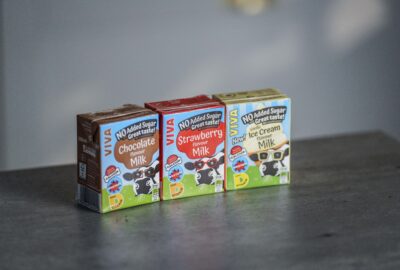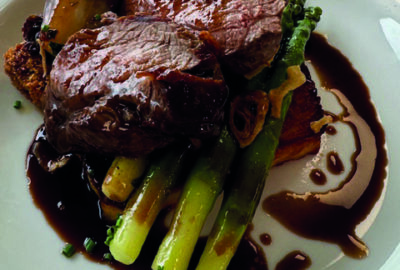Diabetes Awareness Week 14th-20th JUNE 2021
Diabetes Awareness Week, organised by charity Diabetes UK, aims to highlight the condition which affects 4.8 million people. Out of this number, 90% have Type 2 diabetes.
According to Diabetes UK, diabetes is a condition where the body’s blood glucose level is too high. It can happen when the body doesn’t produce enough insulin or when it is unable to produce any at all. Natasha Marsland, Senior Clinical Advisor, Diabetes UK, says “There are two main types – Type 1 and Type 2. People with Type 1 diabetes are unable to make any insulin at all. With Type 2 diabetes, it’s a bit different: the insulin that you make either doesn’t work effectively or you can’t produce enough of it.”
Common myths include people with diabetes cannot eat sugar. The charity advocates a healthy balanced diet low in fat, salt and sugar including a wide variety of foods including some with sugar.
So how can you cater for residents who have diabetes?
Natasha says “Caterers can help people with diabetes by making the healthiest choices, the easiest choices to make. This can be done by providing healthier sources of carbs, avoid using salt in cooking, serving dishes that are low in sugar, offering fruit and plenty of veggies or salads to
be served with meals and, if any oil is used in cooking, using healthier, unsaturated fats such as olive oil, rapeseed oil and sunflower oils.”
At Care UK, which runs 125 care homes throughout the country, chefs regularly attend masterclasses and training in various modified diets. James Clear, head chef, says “This enables them to look at creating lower sugar versions for those with diabetes or other dietary requirements. For example we can still deliver a popular dessert such as apple crumble and custard, but do it in moderation by adding oats into the crumble topping for low and slow release energy, served with custard made using half the usual amount of sugar. Don’t be tempted towards the route of artificial sweeteners. We don’t take away the sugar completely – it’s all in moderation.”
Discussing food choices and options with residents is essential so that a care plan with a healthy, balanced diet can be formulated to help keep diabetes in control. “We also work closely with our nursing colleagues and they in turn liaise with residents’ GPs. We speak to all residents regularly to find out their likes and dislikes and what they would like to see added to menus. If a resident receives a diagnosis of diabetes, we chat with them about how we can keep their favourite dishes but in a modified way which they find reassuring.”
Care UK follows the government’s Eat Well guide www.nhs.uk/live-well/eat-well/ which shows the different types of food and drink and in what proportions to have a healthy, balanced diet.
James adds that hydration is also key. “As well as water and hot beverages, we offer a sugar-free product called WaterADE which has proved popular. It tastes good, offers various different flavours and its attractive natural colours help stimulate interest from residents living with dementia.”
Reducing food high in Glycaemic Load* is another approach. For example instead of sugary food, white bread and white rice, they serve slower release food such as oats and wholemeal versions of pasta, bread and rice so that blood sugar levels can be controlled.
For more information visit www.diabetes.org.uk


